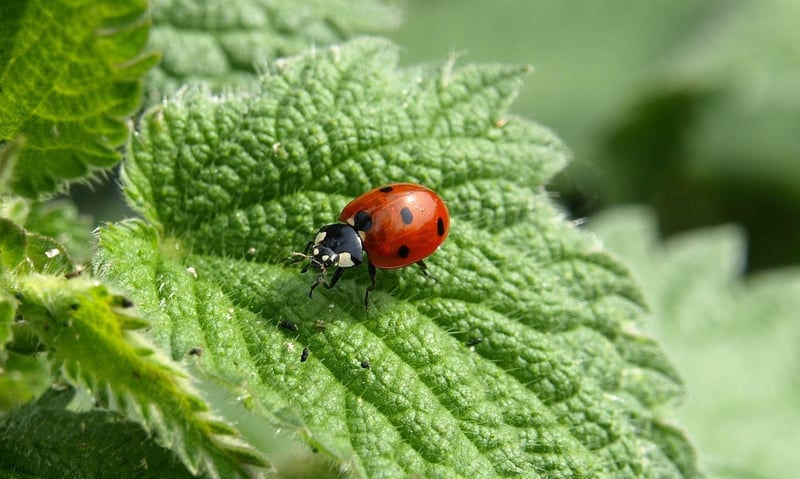Companion Planting
Effective Garden Pest Management and Companion Planting
Gardening is a rewarding hobby that can be both relaxing and fulfilling. However, dealing with garden pests can be a significant challenge for many gardeners. In this article, we will discuss some effective methods for managing garden pests and the concept of companion planting, which can help deter pests and promote plant growth.
Identifying Common Garden Pests
Before implementing pest management strategies, it is essential to identify the common pests that may be affecting your garden. Common garden pests include aphids, caterpillars, slugs, snails, and beetles. By recognizing the specific pests in your garden, you can choose the most appropriate control methods.
Organic Pest Control Methods
Organic pest control methods are environmentally friendly and safe for plants, animals, and humans. Some effective organic pest control methods include:
- Handpicking pests off plants
- Introducing beneficial insects like ladybugs and lacewings
- Using insecticidal soaps and neem oil
- Applying diatomaceous earth as a natural insecticide
- Creating physical barriers like row covers
Companion Planting for Pest Management
Companion planting involves planting certain crops together to enhance growth, deter pests, and improve yield. Some classic companion planting combinations for pest management include:
- Planting marigolds to repel nematodes and other pests
- Interplanting basil with tomatoes to repel aphids, whiteflies, and tomato hornworms
- Growing chives near roses to deter aphids
- Pairing radishes with cucumbers to repel cucumber beetles
Conclusion
By implementing organic pest control methods and utilizing companion planting techniques, you can effectively manage garden pests and promote a healthy garden ecosystem. Remember to observe your plants regularly, practice good garden hygiene, and experiment with different companion planting combinations to find what works best for your garden.
Happy gardening!


References:
